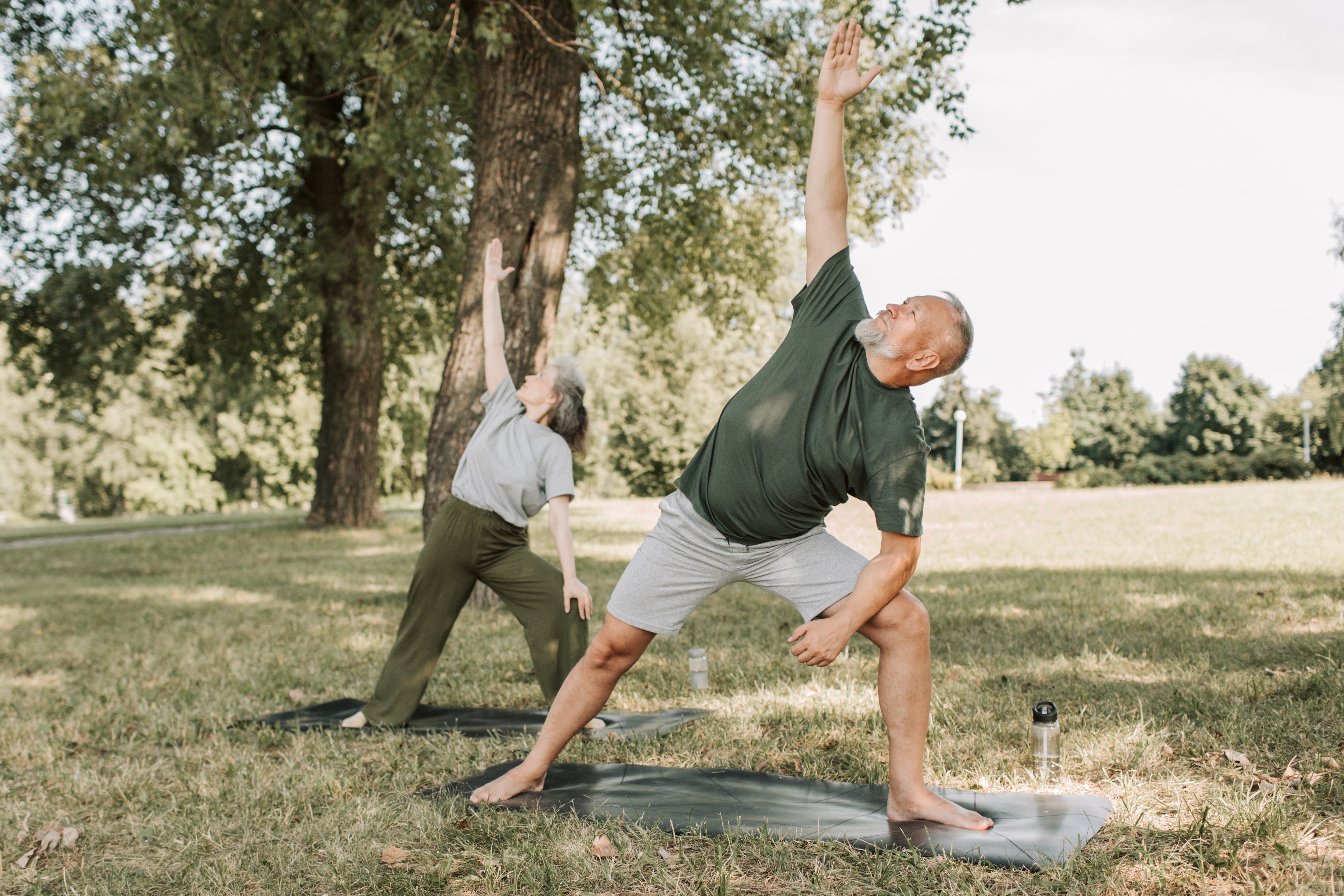Easy Ways To Boost Your Immune System

In a world where health is increasingly at the forefront of our minds, understanding how to bolster our immune system has never been more crucial. A strong immune system not only helps us fend off common illnesses like colds and flu but also plays a vital role in our overall well-being and longevity.
Let’s delve into ten practical and effective ways to strengthen your body’s natural defenses and keep you as resilient as possible.
Maintain A Balanced Diet
A nutritious diet is the cornerstone of a strong immune system. Foods rich in vitamins C and E, antioxidants, and zinc are particularly beneficial for immune health. For example, citrus fruits, leafy greens, nuts, and seeds can provide essential nutrients that support immune function. A balanced diet also includes a healthy intake of prebiotics and probiotics, which promote gut health – a key component of immunity. Beyond just individual foods, the variety and balance of your diet are crucial. Incorporating a rainbow of fruits and vegetables ensures a wide range of nutrients, and including lean proteins and whole grains can support overall health and immunity.
Regular Physical Exercise
Moderate, consistent exercise can significantly enhance immune response. Physical activity helps in the circulation of immune cells, making them more efficient in identifying and combating pathogens. According to the American Journal of Medicine, just 30 minutes of brisk walking daily can stimulate the immune system and reduce the risk of cold and flu. It's not just about intense workouts; regular movement of any kind, be it yoga, swimming, or cycling, can contribute to a healthier immune system. The key is consistency and finding an activity that you enjoy and can stick to in the long term.
Adequate Sleep
Never underestimate the power of a good night’s sleep for immune health. Sleep deprivation can weaken the immune system, making you more susceptible to infections. Adults should aim for 7-9 hours of sleep per night, as recommended by the National Sleep Foundation, to ensure optimal immune function. Creating a restful environment, establishing a relaxing bedtime routine, and reducing screen time before bed can help improve sleep quality. Remember, quality is just as important as quantity when it comes to restorative sleep.
Hydration
Staying hydrated helps the body naturally eliminate toxins and other bacteria that may cause illness. While individual hydration needs can vary, the U.S. National Academies of Sciences, Engineering, and Medicine recommends a daily fluid intake of about 3.7 liters for men and 2.7 liters for women. Water is crucial for all bodily functions, including the immune response. Keeping a water bottle handy and substituting sugary drinks with water or herbal teas can ensure you meet your hydration needs.
Manage Stress Levels
Chronic stress can suppress the immune system and increase vulnerability to illness. Stress-reducing activities such as meditation, deep breathing exercises, and yoga can significantly improve immune response. Even dedicating a few minutes a day to these practices can make a difference. Mindfulness and relaxation techniques can lower cortisol levels, the body’s stress hormone, and help maintain a healthy immune system.
Moderate Alcohol Consumption
 Flickr, Marco Verch Professional Photographer
Flickr, Marco Verch Professional Photographer
Excessive alcohol intake can impair the immune system. According to the World Health Organization, limiting alcohol consumption can prevent immunodeficiency and reduce vulnerability to infectious diseases. It's advisable to stick to moderate drinking guidelines, which typically mean up to one drink per day for women and up to two drinks per day for men.
Get Regular Health Check-Ups
Routine health screenings and vaccinations are crucial for maintaining a robust immune system. Regular check-ups can help detect and address any potential issues early on, ensuring your immune system remains strong. Preventative care, including staying up to date with vaccinations, is essential for warding off and fighting infections.
Use Supplements Wisely
While a balanced diet should provide all the necessary nutrients, sometimes supplements may be necessary. Vitamins such as Vitamin D, when taken as per medical advice, can boost immunity, particularly in individuals with deficiencies. It's important to consult with a healthcare provider before starting any supplement regimen, as over-supplementation can be counterproductive.
Sign Up For Our Newsletter
Stories that matter — delivered straight to your inbox.
Practice Good Hygiene
Simple practices like regular handwashing can be tremendously effective in preventing infections. Maintaining good personal hygiene is an easy yet powerful way to strengthen your immune system. Handwashing with soap and water for at least 20 seconds, especially before meals and after coming into contact with high-touch surfaces, can significantly reduce the likelihood of infection.
Final Thoughts
Boosting your immune system doesn’t require drastic changes; small, consistent steps can make a significant difference. Incorporating these habits into your daily routine can help fortify your body’s natural defenses, keeping you healthy and resilient.










